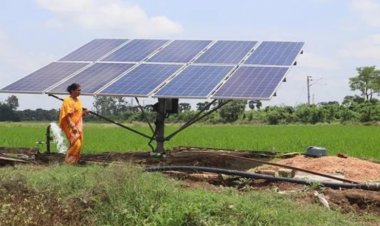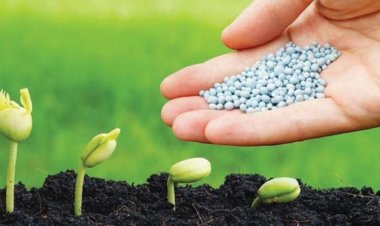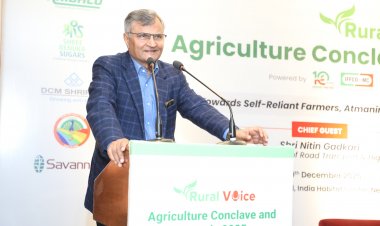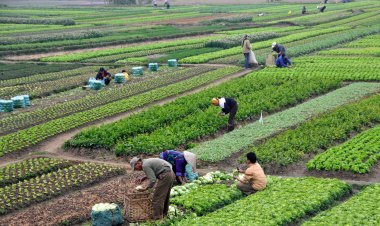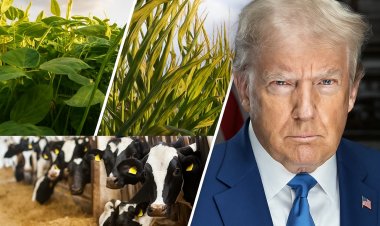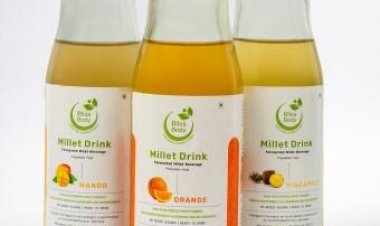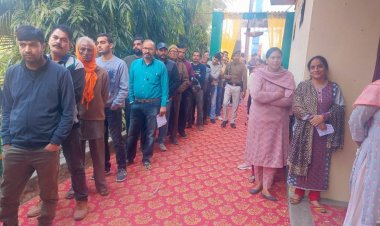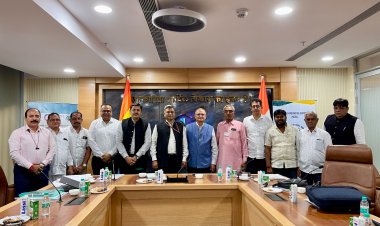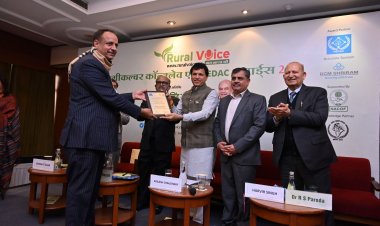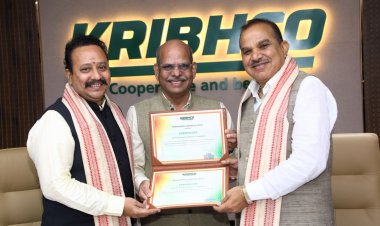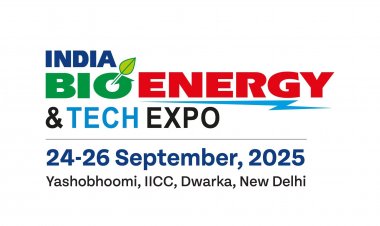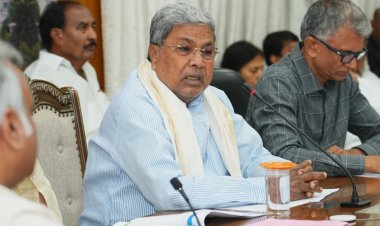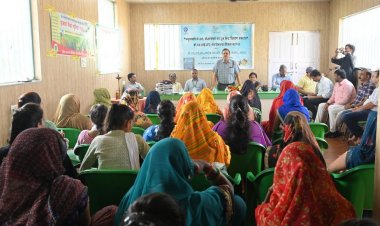Increased prices of DAP and other complex fertilizers put govt under pressure; industry instructed to go for reasonable increase
The government is now filled with apprehensions of political loss due to an increase of 45 to 58 per cent in the prices of DAP and other complex fertilizers. In order to mitigate this loss, it has asked the fertilizer industry to keep the prices of these fertilizers at a reasonable level and not raise them too high for the sake of reaping profit. Besides, the industry should bear in mind the cost of imported raw material while fixing the prices.
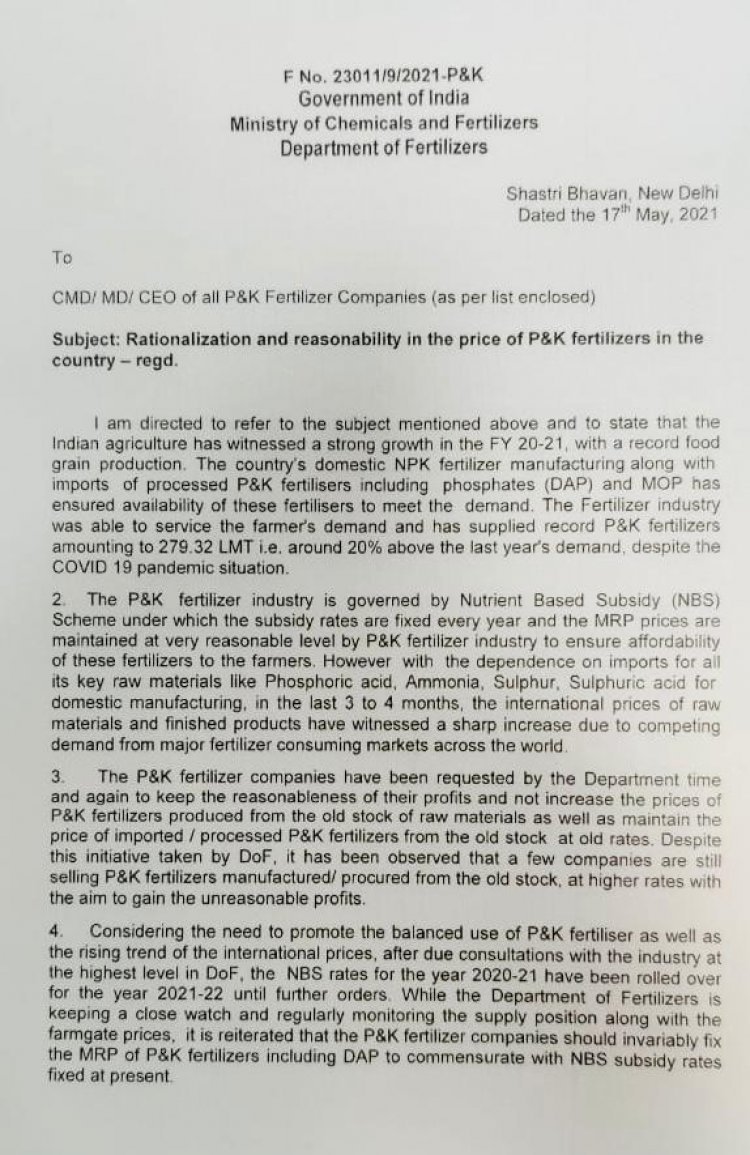
The Narendra Modi government at the centre is now filled with apprehensions of political loss due to the increase of 45 to 58 per cent in the prices of di-ammonium phosphate (DAP) and other complex fertilizers. In order to mitigate this loss, it has asked the fertilizer industry to keep the prices of these fertilizers at a reasonable level and not raise them too high for the sake of reaping profit. Besides, the industry should bear in mind the cost of imported raw material while fixing the prices. The fertilizers prepared from raw materials imported at older prices should not be sold at higher prices. If it is found that prices have been increased to reap unreasonable profit, the government might restrict or even deny the subsidy.
The above instructions have been conveyed in a letter written by Aparna Sharma, Joint Secretary in the Department of Fertilisers, to the fertilizer industry. RuralVoice has a copy of the letter. It little matters that the government has not made any increase in the subsidy granted under the Nutrient-Based Subsidy (NBS) scheme in spite of the massive increase in raw material prices and has kept it at the same level as that last year. But, going by the way the increase in fertilizer prices is taking a political hue and farmer organizations are protesting it, the government is coming under pressure to increase the subsidy.
In the letter written by the Joint Secretary, it has been said that the prices of the raw materials and finished products have witnessed a sharp increase in the international market over the last three to four months. The reason for this has been attributed to “competing demand from major fertilizer-consuming markets across the world.” The letter says that there are a few companies which had imported raw materials at older prices but are selling fertilizers prepared from this old stock at higher prices in order to gain “unreasonable profits”. The government would not hesitate to take action against such companies. Besides, the fertilizer companies have been advised not to be lax in any manner in ensuring fertilizer supply to the farmers during these times of the Covid-19 pandemic.
Below is given a copy of this letter.
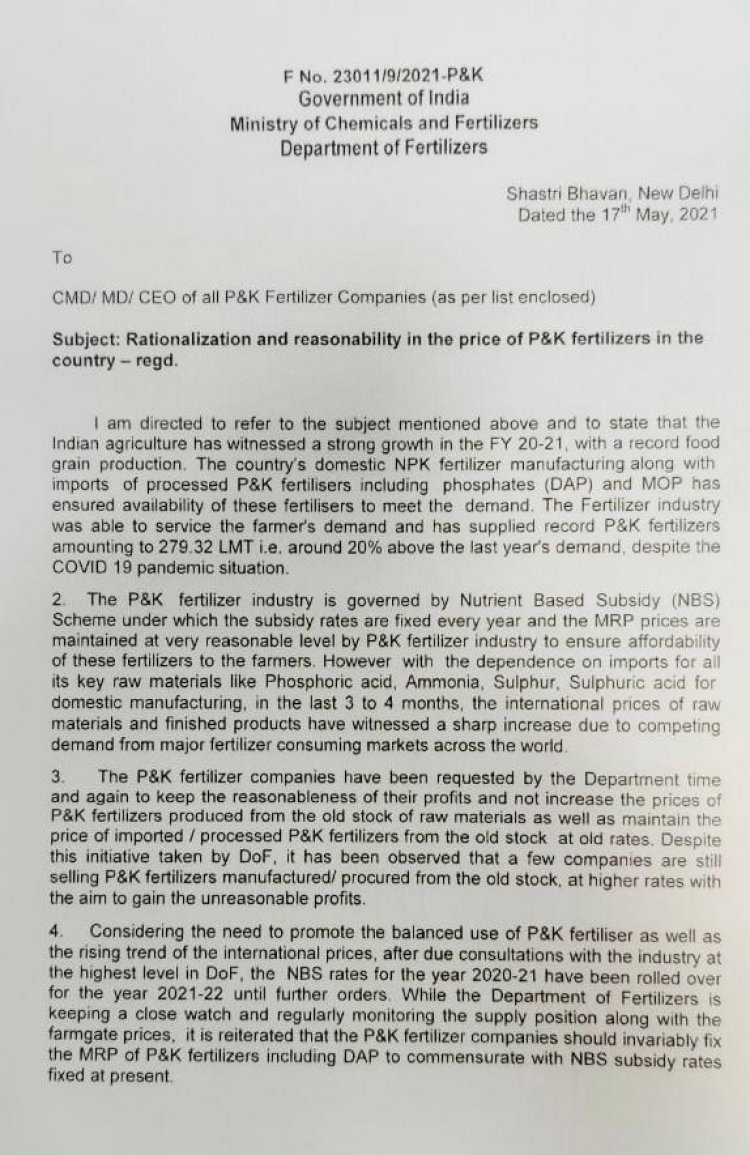
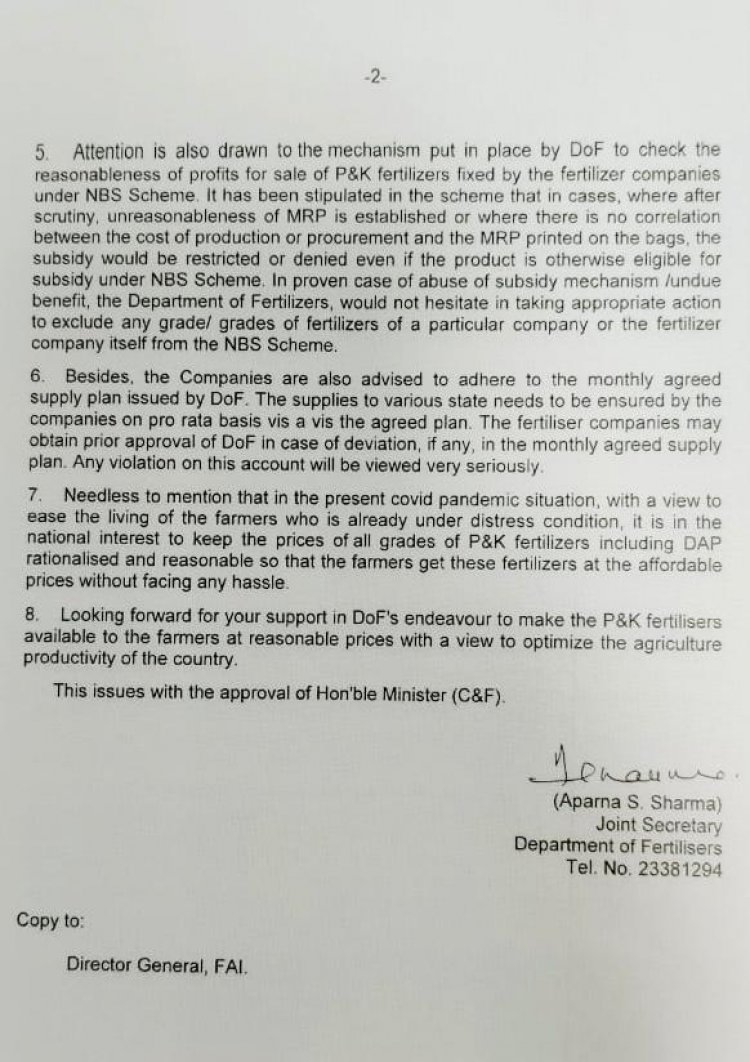
The government grants subsidies for non-urea fertilizers under the NBS scheme and has no control over their prices. Fertilizer companies fix the prices on the basis of the raw material prices and government subsidy. This subsidy is granted on the basis of the nutrients used in the fertilizers. Under this scheme, DAP, which consists of 46 per cent phosphorus and 18 per cent nitrogen, gets a subsidy of Rs 10,231 per tonne. Muriate of Potash (MOP), which consists of 60 per cent of potash, gets a subsidy of Rs 6,070 per tonne.
Fertilizer companies have raised the DAP prices from Rs 1,200 per bag (50kg) to Rs 1,800-1,900 since April 1, 2021, in the wake of the increase in the raw material prices in the international market. Indian Farmers Fertilisers Cooperative Ltd (IFFCO), India’s largest fertilizer producer cooperative, had announced that it would sell at the older prices the 11.26 lakh tonnes of old stock produced from raw materials imported at the older prices. According to sources, IFFCO is still selling these fertilizers at older prices. But now the old stock is about to finish. In such a case, if there is no increase in subsidy in the next few days, IFFCO, too, may have to sell fertilizers at increased prices. Most fertilizer companies have already been selling DAP and other complex fertilizers at increased prices since April.
Industry sources told RuralVoice that in view of the increase in raw material prices, there is no option but to increase prices. The government should increase the subsidy in proportion to the increase in the raw material prices. The DAP prices are coming to $565 to $572 per tonne for fresh import tenders. These are the rates that have come up for the recent import tenders of two government companies. However, one of these companies is saying that it is negotiating for prices.
The DAP prices have gone up from $395 per tonne in October 2020 to $572 per tonne now. The price of urea has gone up from $275 per tonne to $365 per tonne over this period. The price of MOP has gone up from $230 per tonne to $280 per tonne. Among the raw materials, the price of ammonia has gone up from $280 per tonne to $550 per tonne while that of sulphur from $85 per tonne to $210 per tonne. In the July-September 2020 quarter, the imported prices of phosphoric acid stood at $620 per tonne, which have now increased to $998 per tonne.
At present, the cost of DAP, at the import price of $570 per tonne, comes to Rs 41,600 per tonne. Add to this the customs duty of 5 per cent and about Rs 3,000 per tonne on expenses like bagging, handling and warehousing, and the cost to the company goes up to Rs 46,700 per tonne. Allow for a subsidy of Rs 10,231 available on DAP under NBS but it will still be difficult for the fertilizer companies to sell it below Rs 36,500 per tonne.
What is interesting is that even amidst the high raw material prices in the international market, the government expects from the companies that they would make only a reasonable increase in their prices. The letter written by the Ministry to the industry says that if it is established that “there is no correlation between the cost of production or procurement and the MRP (maximum retail price) printed on the bags” and that the company has unreasonably increased prices for “undue benefit”, the government “would not hesitate in taking appropriate action to exclude any grade/grades of fertilizers of a particular company or the fertilizer company itself from the NBS Scheme.”
Well, there is no problem with this move. However, what is naturally surprising is why the government is not making a decision to increase the subsidy under NBS and reduce the prices for the farmers. Moreover, even after the companies had increased the non-urea fertilizer prices by 45 to 58 per cent from April 1, 2021, the Ministry of Fertilisers issued a memorandum on April 9, 2021, wherein it announced that the subsidy rates under NBS for the current financial year (FY) 2021-22 will continue to be at the same levels as in FY 2020-21. As mentioned above, the prices had already increased by then. RuralVoice had reported on this office memo. Meanwhile, there also had been a meeting in the Ministry of Fertilizers with the industry on the issue of fertilizer prices.
And now comes this letter to the fertilizer producer companies. The letter, it seems, has been written because there is resentment among the farmers in most parts of the country because of the massive increase in the prices of the decontrolled fertilizers. Besides, there has been a steep fall in DAP sales. The sowing for the Kharif season is in full swing. Given this scenario, pressure is mounting on the government with regard to the increase in prices and the letter sent to the industry on May 17 bears witness to how the government is concerned about the issue.
It is possible that there is an increase in the NBS subsidy rates in the days to come so that the prices may be somewhat reduced for the farmers and the political loss to the government arising from their resentment somewhat curbed. On the other hand, several farmer organizations are talking about intensifying the movement against the increase in fertilizer prices. The farmer organization All India Kisan Sabha said this in a statement issued on May 18. It also said that the prices of these fertilizers should be brought under control.



 Join the RuralVoice whatsapp group
Join the RuralVoice whatsapp group

















